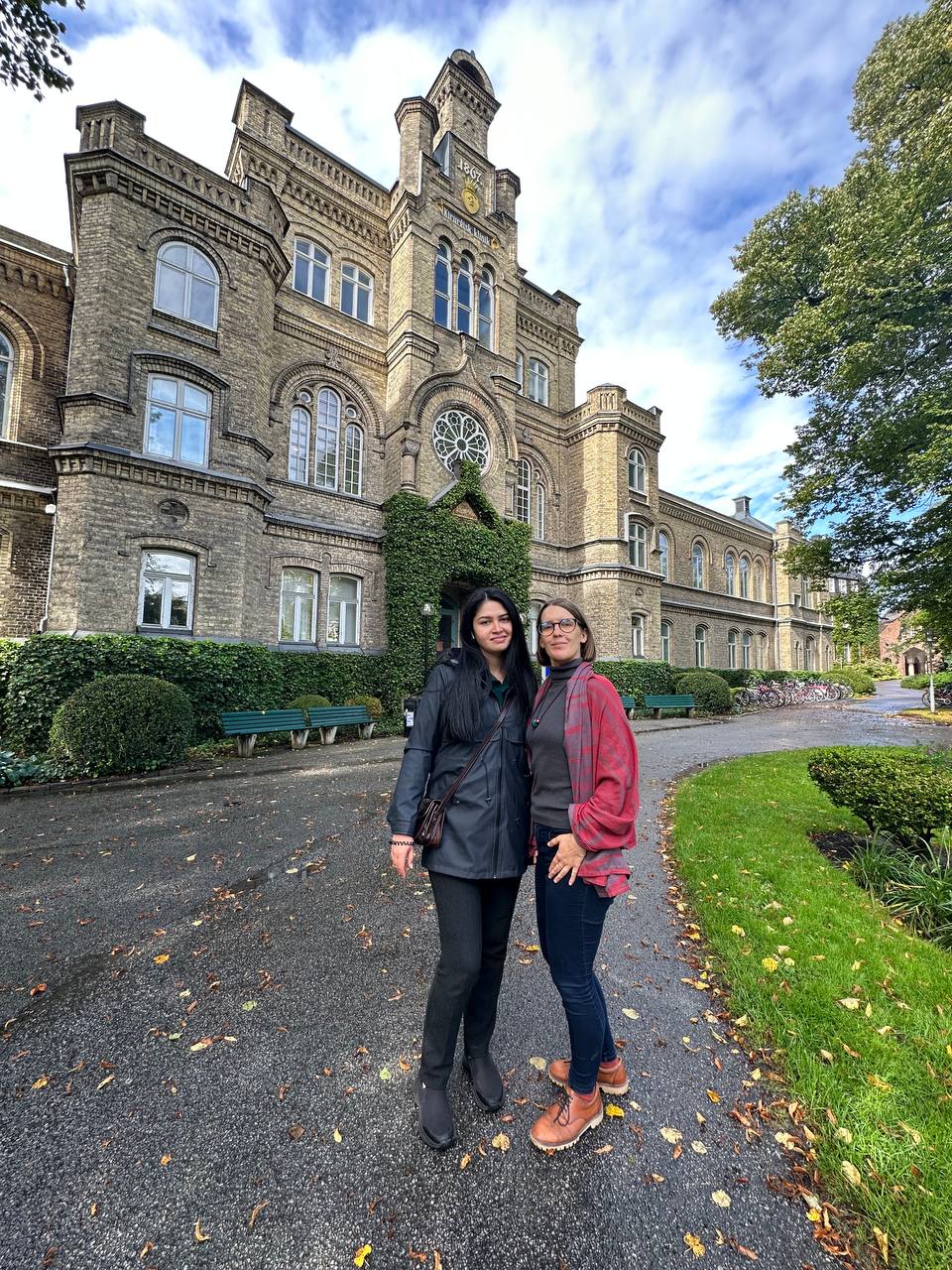
by Anna Jordanova, a PhD researcher at Charles University,
Hello! My name is Anna Jordanova. I am a PhD researcher at Charles University in Prague, Czechia. In September, I spent a month at Lund University within the framework of MOCCA secondment.
MOCCA is a project on researching and fighting corruption in Central Asia. For this purpose, one can hardly find a better place than the Sociology of Law department in Lund and the MOCCA project in general. Our team in Lund consisted of both Central Asian (Uzbek, more precisely) experts and practitioners and European academicians. Together, we were able not only to exchange data and definitions but we were also able to reach a mutual understanding of which problems do, in fact, lie behind the dry legal definitions. After all, this is what the Sociology of law is all about – not so much what is written on paper but what people experience every day in the real world. I believe this will be one of the most outstanding benefits of the entire consortium.
My research concerns the political dimension of presidential anti-corruption campaigns, especially in Kazakhstan and Uzbekistan. Both are examples of states with authoritarian forms of governance, where large-scale reforms were launched immediately after a new president replaced his (long-ruling) predecessor in power. In both of them, the genuine reform efforts have been marred with struggles among various power groups despite the extensive utilization of anti-corruption rhetoric.
This situation is not a rare phenomenon and has occurred in numerous contexts worldwide. Nevertheless, since Central Asia is becoming an important region of global diplomatic attention and economic investments, knowing the contexts of the ongoing and recent reforms might become a valuable contribution to international anti-corruption efforts. Among others, it may assist in better targeting anti-corruption measures and smarter avoidance of accidental contributions to solidifying local autocratic practices or playing in the hands of local interest groups.
To pursue this research, I had a great chance in Lund to use the local library and online academic databases. I devoted the month to familiarising myself with various types of corruption across all extents and forms and with various kinds of anti-corruption campaigns. This theoretical foundation helped me to design the empirical part of the research, which is scheduled for my second secondment in the spring months in Uzbekistan.
The organizing MOCCA team in Lund was enormously supportive and helpful in our research. Frankly speaking, so was the environment; the university facility is located in a lovely area in the broader city centre, the coffee supplies were plentiful, and the faculty staff the friendliest. Any researcher would find himself or herself both comfortable and motivated there. In the upcoming months and years, Charles University will host visiting researchers from other MOCCA member institutions. We hope to provide at least as warm a welcome as we experienced from our Lund counterpart.
